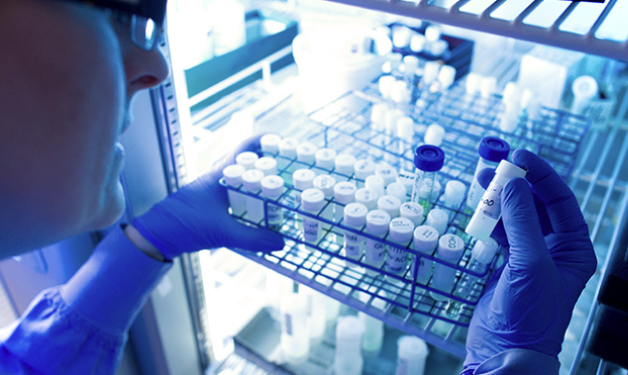
Biobanks are invaluable repositories of biological specimens, ranging from tissues and blood to genetic materials. These collections serve as vital resources for research in diverse fields, including medicine, genetics, and epidemiology.
Biobanks are specialized facilities designed to collect, store, and manage biological samples, along with associated data. These samples can include blood, tissues, DNA, and more. Biobanks play a pivotal role in advancing medical research and personalized medicine.
Biobanks are rich sources of biological materials that researchers can use to study diseases, genetics, and biomarkers. Pharmaceutical companies use biobanks to test potential drug candidates and identify suitable patient populations for clinical trials. Genetic data stored in biobanks contributes to the development of personalized treatment strategies based on an individual's genetic profile. Biobanks help researchers study disease prevalence, risk factors, and trends in populations. By investigating disease pathways and potential interventions, biobanks contribute to public health initiatives.
Ethical Considerations
- Biobanks raise several ethical issues, including:
- Ensuring that donors understand how their samples will be used and for what purposes.
- Safeguarding donors' sensitive health and genetic information.
- Determining how benefits from research using biobank samples should be shared with donors or their communities.
- Addressing questions about who owns the samples and data in the biobank.
The Transformative Impact of Biobanks
Biobanks have been instrumental in advancing cancer research by providing access to tumor samples and genetic data for the development of targeted therapies. Biobanks have facilitated large-scale genomic studies, leading to significant breakthroughs in understanding the genetic basis of various diseases. Biobanks aid in the discovery of new drugs and the identification of potential treatment targets.
Biobanks provide essential resources for studying rare genetic conditions with limited patient populations. It have played a role in the COVID-19 pandemic, facilitating research into the virus's genetics and aiding in vaccine development.
Challenges facing biobanks include issues related to standardization, data management, and donor recruitment. Future trends include the integration of artificial intelligence for data analysis, the growth of global biobank networks, and the expansion of biobanks to include diverse populations and data types.
Biobanks are the lifeblood of modern medical research, offering a wealth of biological specimens and data for scientific advancement. Ethical considerations are critical in the responsible management of these invaluable resources, ensuring that the benefits of research are maximized while respecting the rights and privacy of donors. As the biobanking field continues to evolve, its impact on medicine and healthcare will only become more pronounced, ushering in a new era of personalized and data-driven healthcare solutions.
